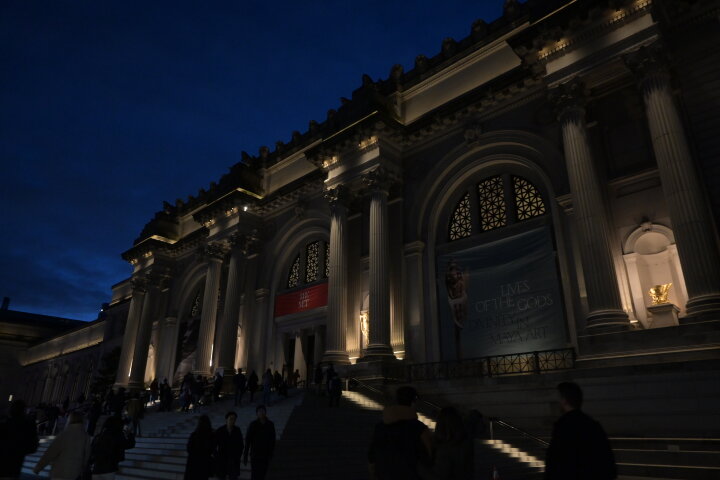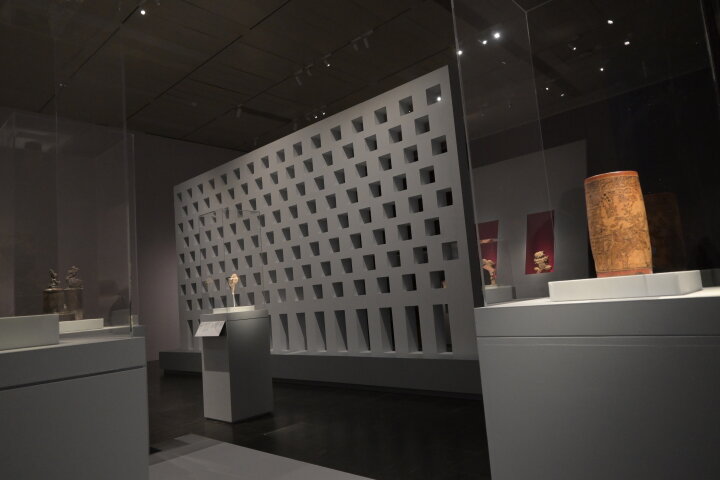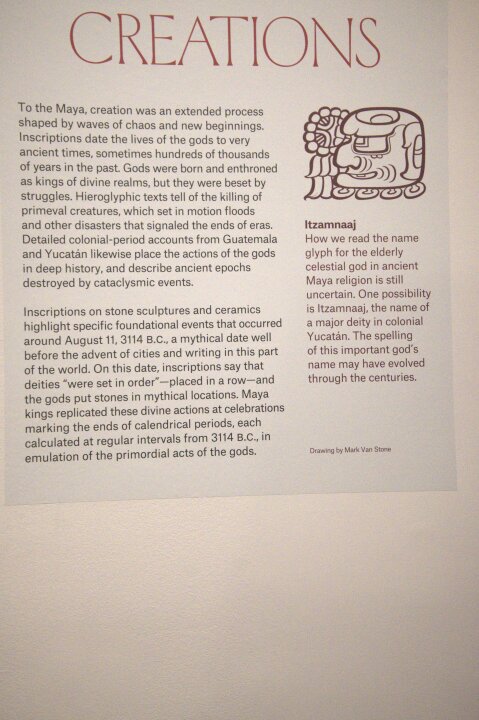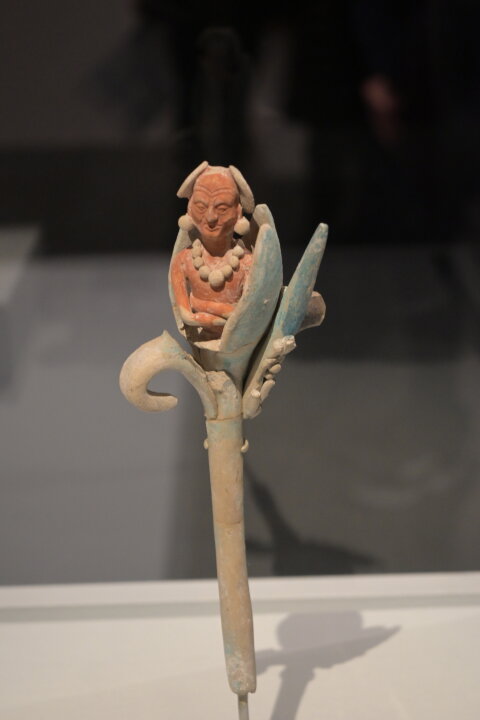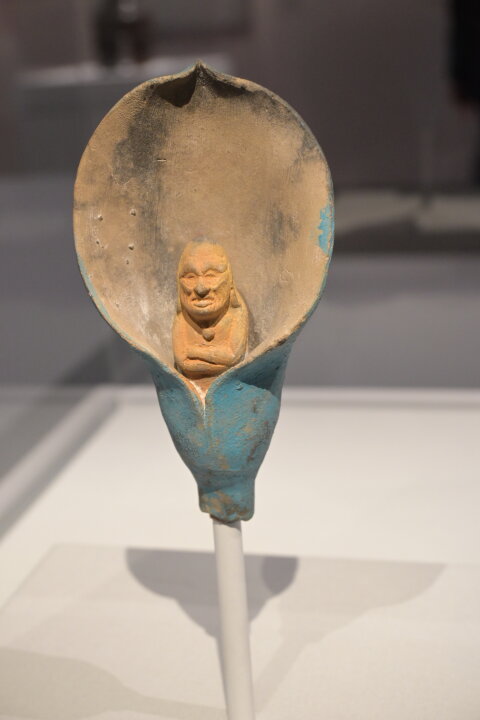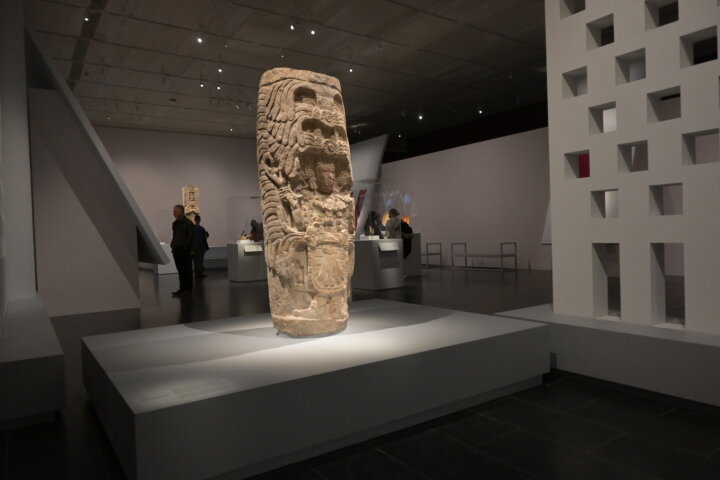Visit to NY Metroplotian Museum of Art
We went into NY City today to the Museum. There was an amazing exhibit:
Lives of the Gods: Divinity in Maya Art. There were amazing pieces of art dating back almost 1500+ years.
What struck me as truly amazing, was the fact that the Mayans date the birth of the earth to August 11, 3114, BCE. That year is an interesting landmark. The Jewish calendar shows this year to be 5783. Taking the Mayan calculate year of creation and adding the Gregorian calendar year 2023, one arrives at the year 5137. The Gregorian calendar was first adopted in Italy, Poland, Portugal, and Spain in 1582, and is now universally accepted. The change to the Gregorian calendar was because the previous calendar was thought to be inaccurate. Thus the mere 546 years difference brings you to the question, how could two so diverse ethnic groups date the birth of the earth so similarly?
As a scientist, I "know" the earth is many millions of years old, and the Universe, billions. So why the mismatch, when 2 distinctly different societies are so similar in their calculations?
Lives of the Gods: Divinity in Maya Art. There were amazing pieces of art dating back almost 1500+ years.
What struck me as truly amazing, was the fact that the Mayans date the birth of the earth to August 11, 3114, BCE. That year is an interesting landmark. The Jewish calendar shows this year to be 5783. Taking the Mayan calculate year of creation and adding the Gregorian calendar year 2023, one arrives at the year 5137. The Gregorian calendar was first adopted in Italy, Poland, Portugal, and Spain in 1582, and is now universally accepted. The change to the Gregorian calendar was because the previous calendar was thought to be inaccurate. Thus the mere 546 years difference brings you to the question, how could two so diverse ethnic groups date the birth of the earth so similarly?
As a scientist, I "know" the earth is many millions of years old, and the Universe, billions. So why the mismatch, when 2 distinctly different societies are so similar in their calculations?

